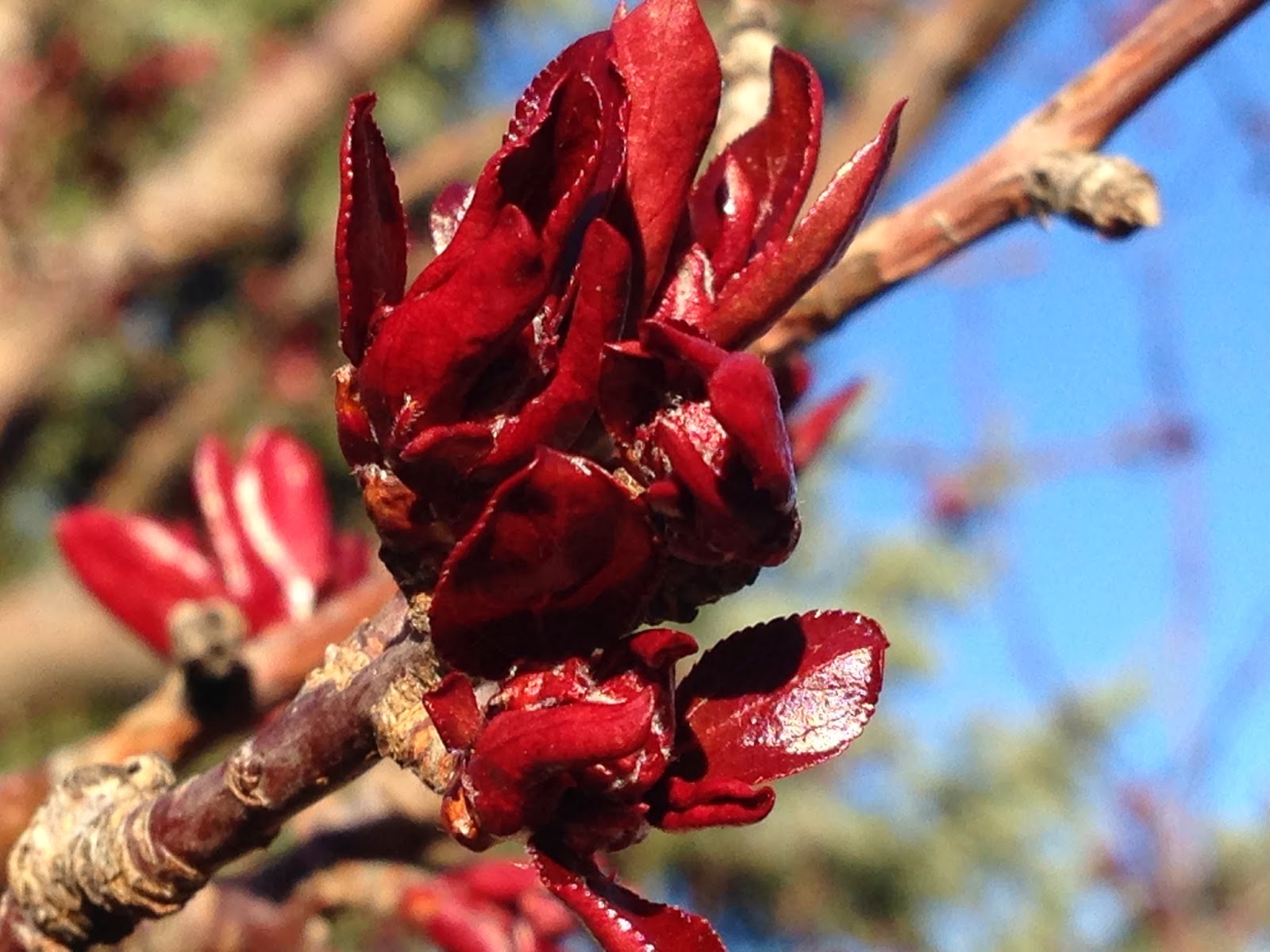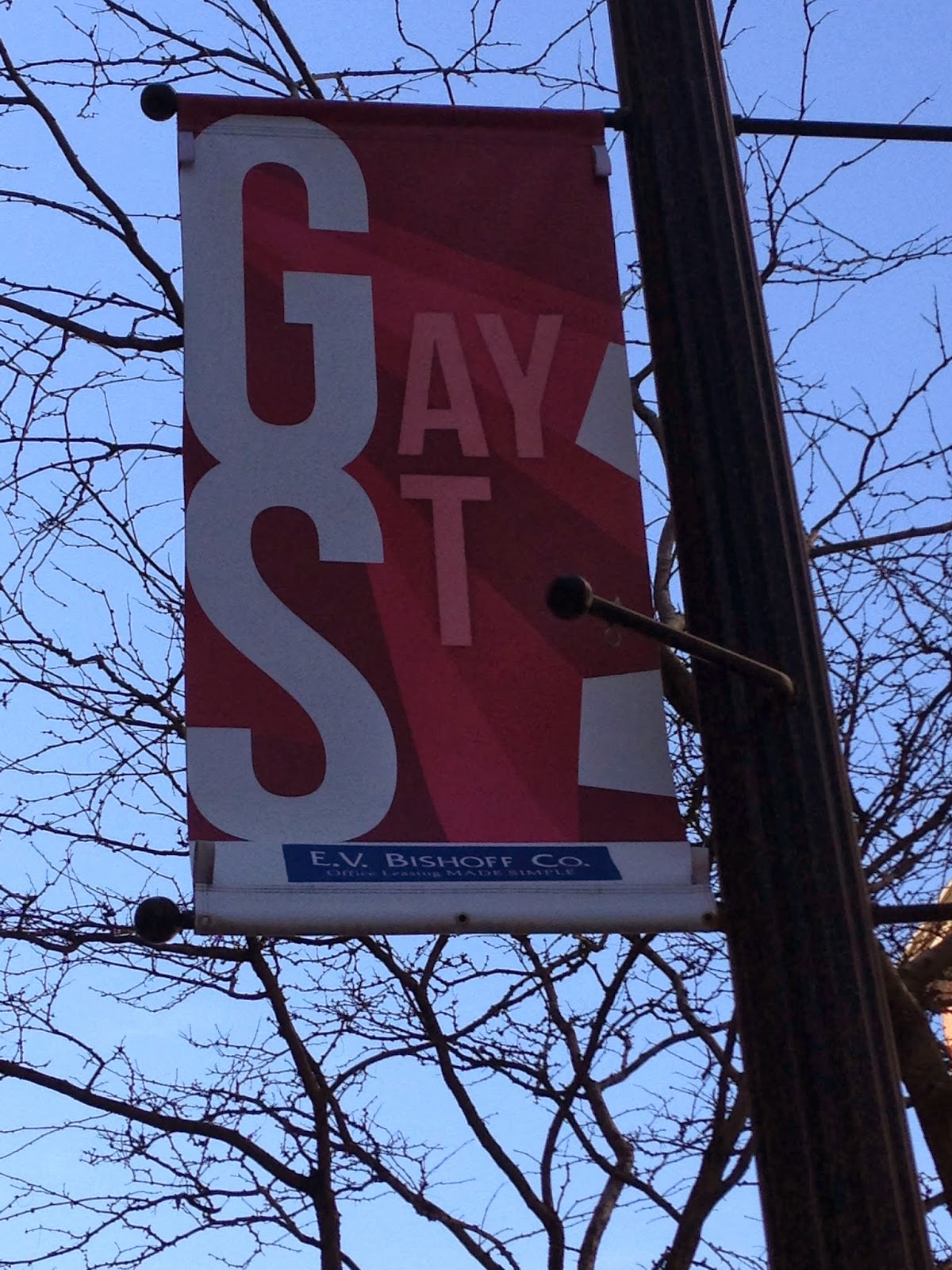I stole the title of
this entry. It’s the name of the upcoming concert by Resonance Women’s Chorus of Boulder, the chorus I’ve been
volunteering with this year. (I’ve written often about Resonance, both before and
since my time with them. Try the “search” function to the right to see just how often.) This title was just too
perfect to pass up. “Wordless” might have worked, but it’s not just words but speech, with all its structure and
artifice, whose absence I want to talk about. I’ve learned something about this
“speechless” thing listening to Resonance rehearse all year. I’ve learned that
music—even, paradoxically, choral
music—is about so much more than words. In fact, in an odd sense, it doesn’t
have to be about words at all.
Now, I say this as
someone who has always loved lyrics. Well, “loved” may not be the precise word.
I’ve always been deeply attentive to lyrics, whether I love them or hate them.
When I find a piece moving, I can’t help but cry as I think about the lyrics
(which, by the way, makes it virtually impossible for me to sing such a
piece—as my singing teacher can tell you). And I can’t seem to avoid thinking
about the lyrics, so I’ve shed a lot of tears over songs. In short, I don’t
take lyrics lightly.
But during this
year, sitting in the room once a week and listening to Resonance practice, I
have slowly embraced a different way of hearing music—of actually hearing the music. Which is to say the notes and the
harmonies and the cadence and the complex interweaving of it all. And then
something more, something behind or beneath all of that. When I first began to
get a feeling for the songs Resonance will be performing in this concert, I was
frankly a bit distressed. Would there be enough, I wondered, of the moving,
lyrics-rich songs I’ve loved in earlier Resonance concerts? Would I be able to (mentally)
sing along with these pieces, if some of them have no words and others have
non-English words? But as I listened and became familiar with these pieces, I began,
slowly, to hear the music behind the
music I was hearing.
Actually, several of the
pieces do have lyrics, and marvelous ones. Every time I hear “Morning Poem” by
Mary Oliver, my blood pressure drops about 20 points, and I drift into a dawn-lit
meadow of sound, an image of watching sunrise from a chilly mountain campsite.
I love the scenes and the feelings that these lyrics evoke. And still, even in
this piece, I hear something that’s new to me. Something behind the lyrics,
behind even the notes. I really got this when I heard the chorus practicing it
the other night, with the director, Sue Coffee, leading them in modulating the
speed and the volume of different passages. The words didn’t change, the notes
were the same, but the feeling of it was entirely different, moving in a new
way. There is something here, I thought, that transcends the words, even the
music in the structural sense.
It’s fitting that I
learned this precisely as Resonance prepared this particular concert,
“Speechless.” The poster reads, “125 women singing beyond words, in sonic
explorations of realms perhaps not reached by language.” This description
reminded me of the concept of “soundscapes,” which I’ve talked about before—and
indeed, Sue has incorporated some soundscape elements into the concert
(birdsong and “ambient sounds,” anyone?) It also brings to mind the multi-sensory
images and complex feelings of several of the songs, which, though wrapped in
words, evoke experiences that are wordless. Like the miracle of sunrise in
“Morning Poem,” which I just mentioned:
Every morning
the world
is created.
Under the orange
sticks of the sun
the heaped
ashes of the night
turn into leaves again
and fasten themselves to the high branches
and the ponds appear
like black cloth
on which are painted islands
of summer lilies.
and the unending
presence of people who have passed in “Breaths” by Ysaye Barnwell of Sweet
Honey in the Rock:
Those who have died have never, never left
The dead are not under the earth
They are in the rustling trees, they are in the
groaning woods
They are in the crying grass, they are in the moaning
rocks
Words, I know, and
notes, rhythm, harmonies. And more.
And then there are
the pieces that have no words at all—or no words that are understandable to
most of us (imagine learning a few of those
for a concert). But they still have this newly discovered (for me) something that transcends language. They
have no words, but they nonetheless carry meanings—meanings as individual as
the minds that hear them, as universal as the language of notes on a scale.
I’ve mentioned
before the remarkable community that these women are, how much they share—stuff and
caring and thoughts—with one another. As we’ve approached this concert, they’ve
shared a lot of reflections about the music. One chorus member passed on a
poem, fittingly called “Words,” by Dana Gaoia, which conveys something of the
superfluous nature of words in the face of profound meaning. A glimpse:
The
world does not need words. It articulates itself
in sunlight, leaves, and shadows. The stones on the path
are no less real for lying uncatalogued and uncounted.
The fluent leaves speak only the dialect of pure being.
are no less real for lying uncatalogued and uncounted.
The fluent leaves speak only the dialect of pure being.
I’d never have
imagined this speechless quality of choral music before I spent this time with
Resonance, immersed in precisely this sort of music. Maybe you need to hear this
concert to understand what I mean. Or maybe you don’t. Likely many people have
long known this. But to me, a novice to the more profound reaches of music, the
surprising ability of speechless music to speak to my soul is new.
What a gift that
is.





































